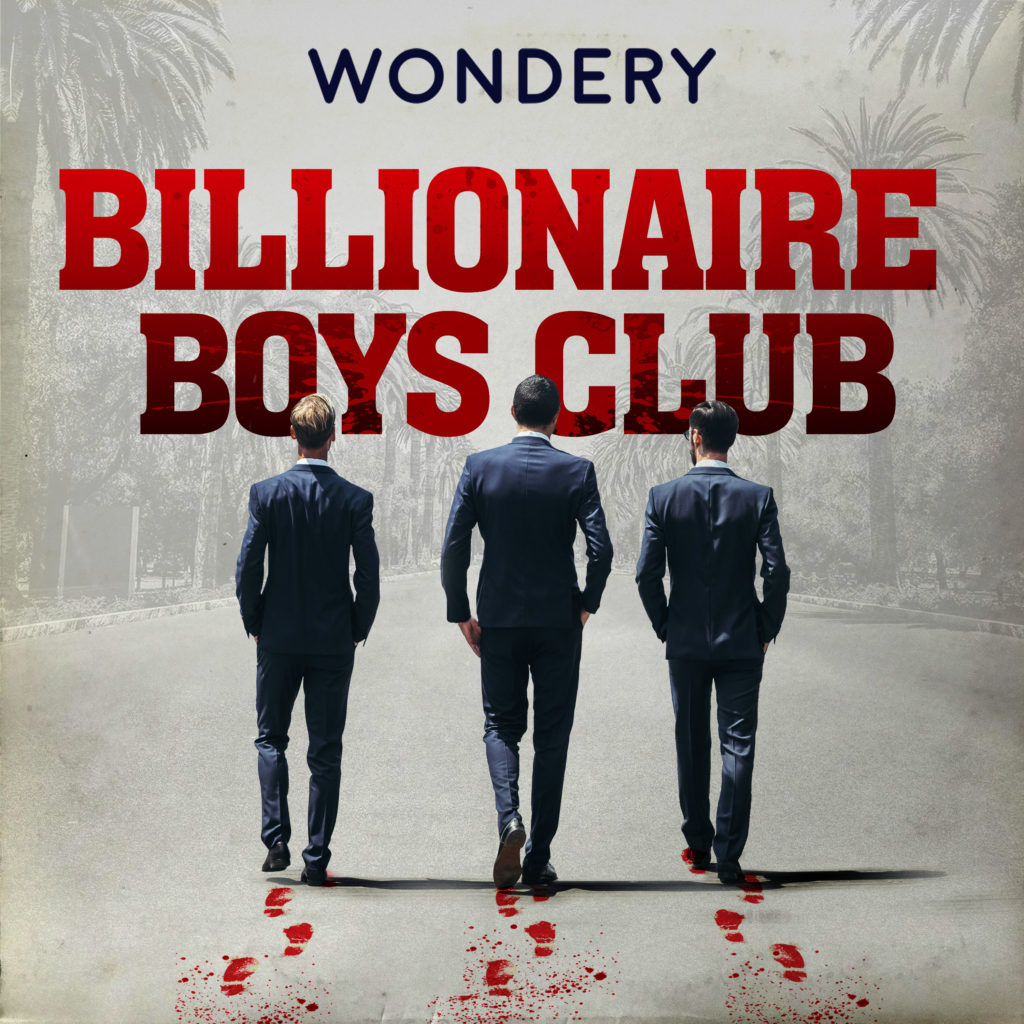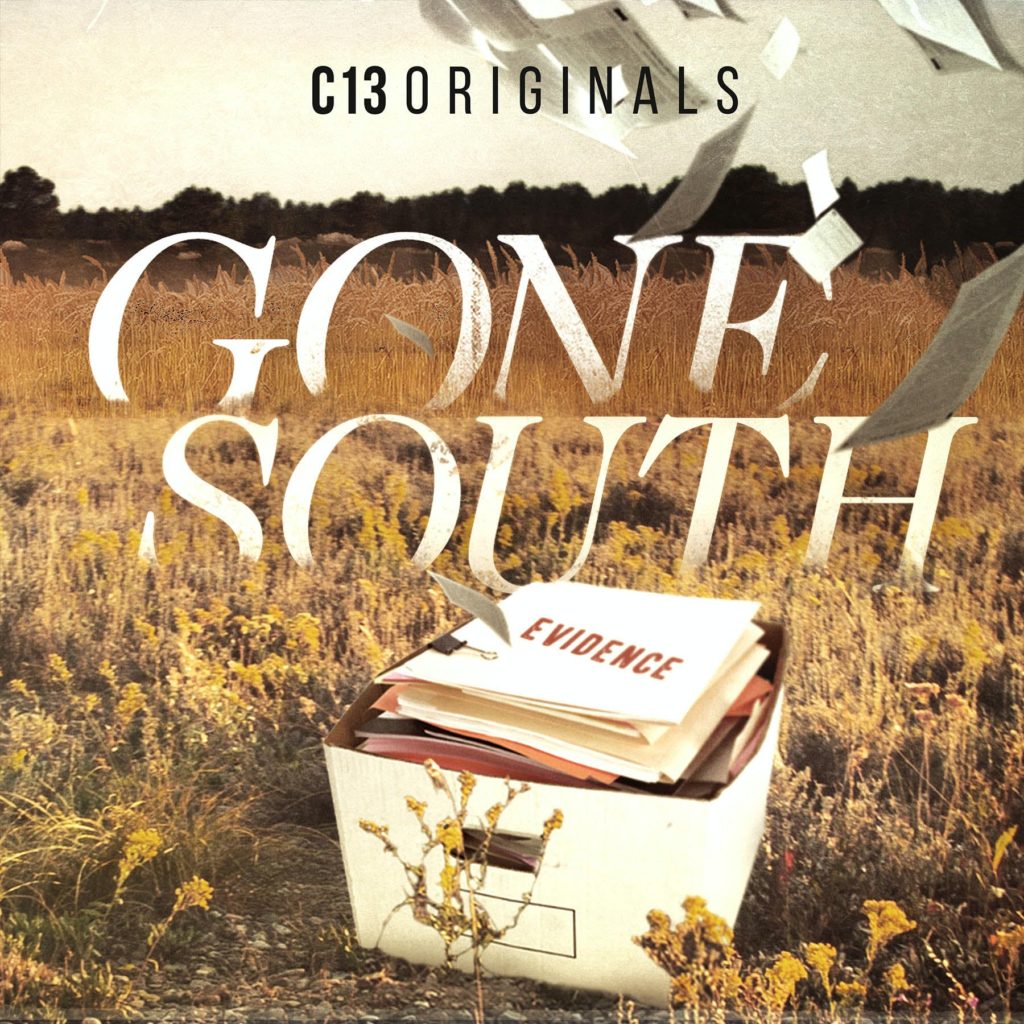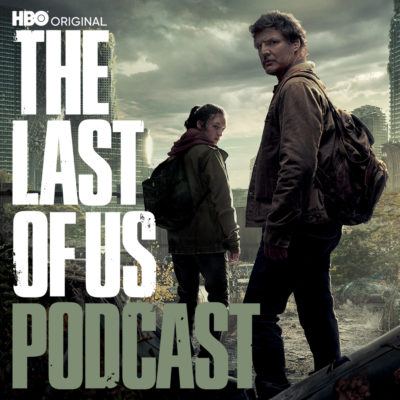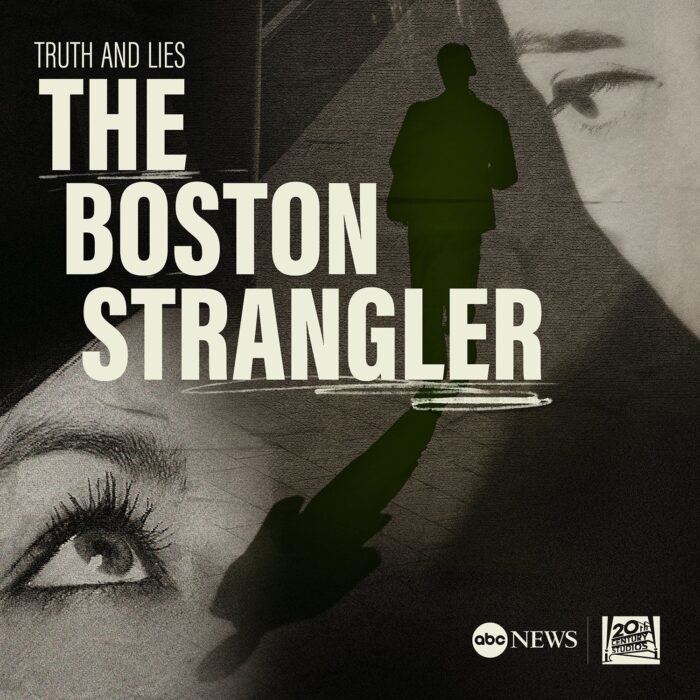Find out how the ‘Billionaire Boys Club’ went from an investment club to a vessel for kidnapping, revenge, and murder

The first few minutes of Wondery’s “Billionaire Boys Club” drops us right into Ron Levin’s impressive Beverly Hills duplex on June 6, 1984 – the night he was murdered. Well, maybe. His body was never found, and there are plenty of skeptics out there who believe he may still be alive. Regardless, back to the story.
It’s 7 PM. A young man named Joe Hunt is at the door. Ron is an investor in Joe’s Billionaire Boys Club, an investing and social club. At least outwardly, it was described as such because in reality, it was just one big Ponzi scheme – a group made up of inexperienced, money-driven young men from wealthy families that were drawn in by the BBC’s get-rich-quick scheme.
Led by the handsome and charming aforementioned Joe Hunt, the members of the BBC had no idea that they were about to be drawn into schemes of kidnapping, torture, revenge, and murder.
Perhaps you’ve heard about the “Billionaire Boys Club” from a 1987 NBC miniseries on them, or a 2018 film by the same title (which maybe could’ve brought this case forward in the public consciousness if it didn’t star Kevin Spacey directly after sexual assault accusations came out against him). This 7-part Wondery podcast was released in 2020 and is co-hosted by Tracy Pattin and actor Timothy Olyphant. Episodes are each approximately 50 minutes long.
This podcast is a dramatized retelling of Joe Hunt’s near-sociopathic ambitions. As Pattin describes to us, it was the 1980s. Ronald Reagan won the presidency twice, and his newly implemented trickle-down economics would forever change the country. The “yuppie” was becoming the defining symbol of the generation.
They were Boomers, as we call them now, with a college education, well-paying job, and expensive taste. And greed was the name of the game in ‘80s, along with excess and materialism, and nowhere was it more prominent than in Los Angeles. Joe Hunt and his Billionaire Boys Club embodied it best.
Joe recruited likeminded young men for his club from the Harvard School for Boys, a prep school in Los Angeles that has nothing to do with Harvard University. At the time, it was the most expensive private high school in the area, and tuition was more expensive than most universities. But Joe didn’t get in because of his parents’ immense wealth like most of the boys there. He actually got in because he was absolutely brilliant.
And because he was brilliant and not rich, he was very different and very angry. He was a star on the debate team (debate was a mandatory activity at Harvard), able to talk his way out of anything and sometimes picking fights just to see if he could win. It was his greatest pride.
And then there was an incident during the last debate of the 1974 season… “Billionaire Boys Club” tells us that he was actually cut from the debate team for cheating, despite it being something he did often in debates. He had falsified an Albert Einstein quote and got called out for it, and he was done.
But he was still smart, arrogant, and he was about to grow into a handsome man who could seemingly get whatever he wanted. He graduated early from the University of Southern California and began working at a commodities firm in the area where he was making bank.
It was a private club of entrepreneurs, a consortium of businesses that would operate on his wild paradox principle where the ends always justify the means.
He convinced more and more men to join his club – men from rich families who would invest in Joe’s idea. He keeps promising to quintuple everyone’s money, and then blew through hundreds of thousands of dollars like it was nothing.
On “Billionaire Boys Club,” you’ll hear how ambition turned to deceit, embezzlement, and eventually, murder. The podcast weaves through multiple time jumps, letting us see the quick devolution of the BBC. It’s riveting storytelling that keeps us fully engrossed in this complicated tale. Be sure to check out “Billionaire Boys Club” wherever you get your podcasts.







